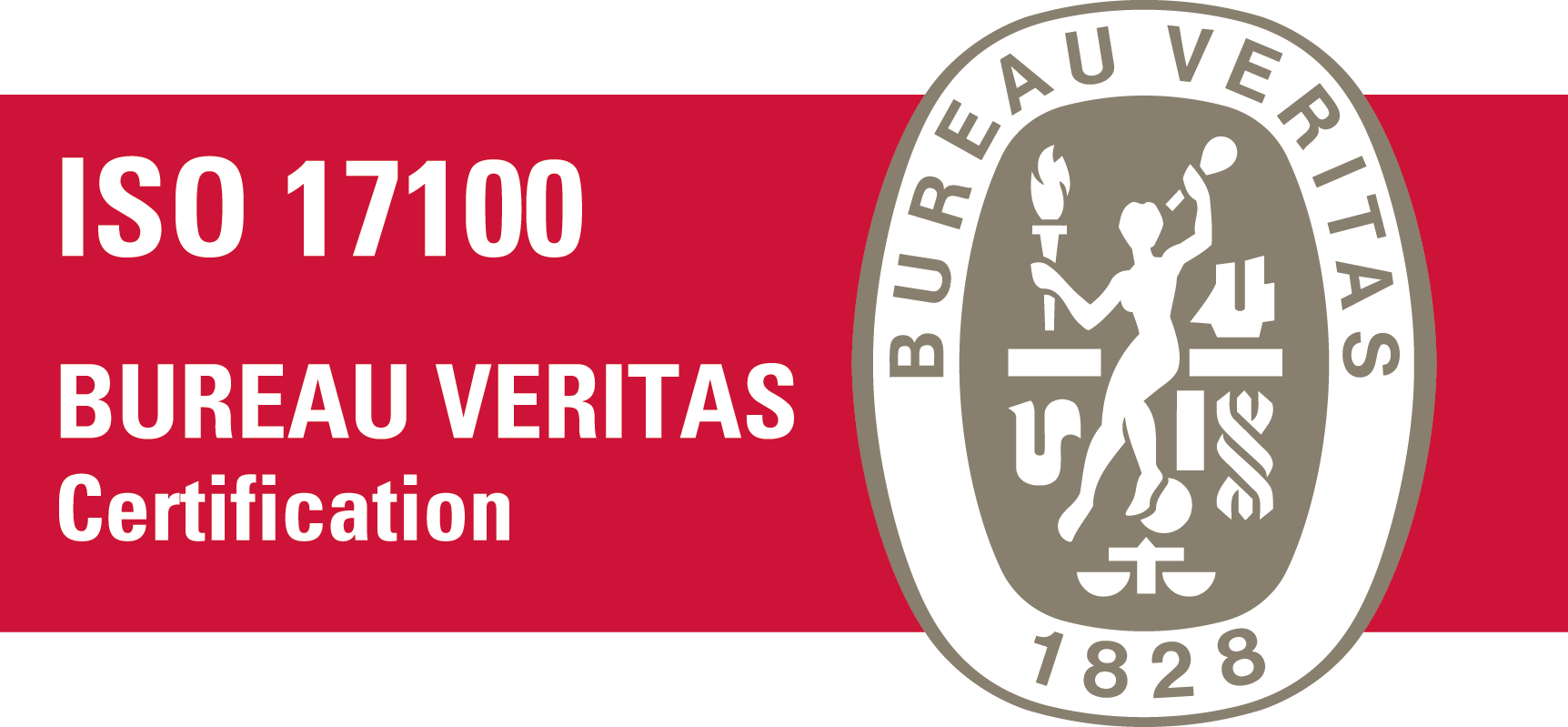Translation Agencies: Theory
versus Practice
By Rachel Herring, postgraduate translation student at the University of Bath and recent intern at Etymax – Global Language Solutions
Studying a vocational MA course in translation is an opportunity to learn about how the translation industry works, the tasks and technologies it involves as well as a variety of behind-the-scenes tasks. Etymax welcomed me in their team for a 3-week internship, and although very brief, during this time I was able to put into practice several parts of what I have been taught during my MA. The relationship between freelance linguists, translation agencies and clients becomes a familiar concept, as does terminology such as ‘CAT tool’, ‘term base’, ‘quality assurance’ and ‘certified’. The internship at Etymax was a great opportunity to see these principles in practice, and to reflect on how this compared to the impression of the languages industry I had developed through my studies. It is not merely a case of reproducing the text written in another language, but there is also a significant amount of unseen work that goes into a translation from receipt of a text from the client to the final delivered translation.
Interactions with clients and freelance linguists
During my internship at Etymax I gained a more detailed understanding of the relationship between translation agencies and clients and freelancer linguists.
Let’s start with the client perspective: something I had not considered before was the extent to which agency work is defined and modelled by the clients’ demands. For example, if there is a particularly high demand for a certain specialism from one or multiple clients, translation agencies have to accommodate this by finding linguists who specialise in that area, as well as having to adapt to the style and content of the texts as part of their in-house responsibilities. Etymax works with all languages, from the most geographically close ones like Spanish, French and German, to more distant ones like Arabic, Hebrew and Chinese. There may be times when there is an influx of texts in a particular language, the nature of the texts agencies deal with can vary enormously, as a result the pool of linguists always has to be up to date and broad enough to be able to accommodate all sort of demands.
While my course has given me insights into working as a freelance linguist, during my internship at Etymax, I was interested to find out about the relationship between freelancers and translation agencies from an agency perspective. Before contacting a freelancer to ensure their availability for a certain project, the project managers in an agency perform a sequence of in-house tasks such as document preparation, building glossaries and sourcing relevant reference material. This is something that I had not previously considered. Furthermore, I also had the opportunity to grasp the basics of vendor management, which includes looking for and recruiting new vendors. This helped me gain a better idea of how the process of finding, testing and finally recruiting a vendor with particular specialisms or language combinations, all while adhering to ISO 17100 standards.
In-house responsibilities
I had expected the in-house responsibilities at a translation agency to predominantly involve translation and project management, but during my internship at Etymax I realised that the tasks are not limited to those, but they vary on a day-to-day basis. I carried out a number of revision and quality assurance tasks which developed my revision and editing skills, and above all my ability to make decisions about whether changes were necessary or preferential. Indeed, I found that an important part of working within a translation agency is efficiency when it comes to making changes.
Part of my daily tasks was also ensuring that the Translation Memories and glossaries for specific clients were up to date with client’s preferred terms, and always provided as reference for the translator.
One of the most crucial parts of the translation process is the quality assurance step, that involves various processes and methods to ensure the accuracy, clarity, and consistency of translated content. Even minor errors or inconsistencies in translation can lead to confusion and miscommunication for both the client and for the agency itself.
I also had the chance to carry out some non-linguistic tasks such as formatting and desktop publishing. Many texts that translation agencies deal with pose challenges I had not previously considered, such as logos which may need to be removed for technical or legal reasons, or the presence of images, which usually need to be formatted and edited in order to make them translatable and replicate the source layout.
Technology
I was already aware of the crucial role played by technology in the languages industry, but during my internship at Etymax I gained a greater awareness of how these technologies are used in context. I was faced for the first time with the use of a Translation Management System, or TMS, through which Project Managers can oversee the whole cycle of a translation project, from initial quote, approval, the search for the most qualified vendors and file organisation. Although I was already familiar with the meaning and use of CAT Tools, I had the chance to learn more about their settings and endless options which can facilitate a linguist’s work., ensuring the accuracy of the translation and final file delivered to the client.
In the context of current debates about the future impact of technology on the languages industry, particularly regarding machine translation, I was interested to see how technology was a crucial part of the workflow of translation agencies, but that it was still integrated with tasks which needed to be done manually. The message of this seemed to be that technology should be seen as complementary to many of the tasks performed by linguists, as opposed to a threat.
I am very grateful to Etymax for the experience, knowledge on translation agencies and skills I gained through the internship, and I look forward to returning to my studies with new insights into the languages industry.
Get in touch about your project.
Request a quotation or get in touch with our team to discuss your requirements. We look forward to helping you with your next project.





